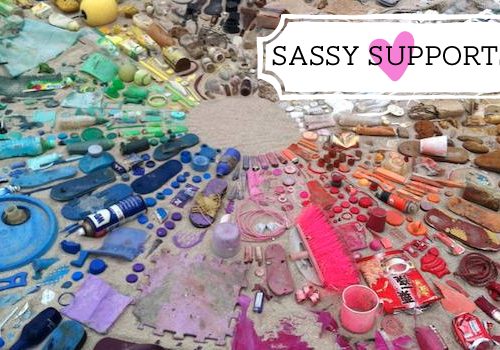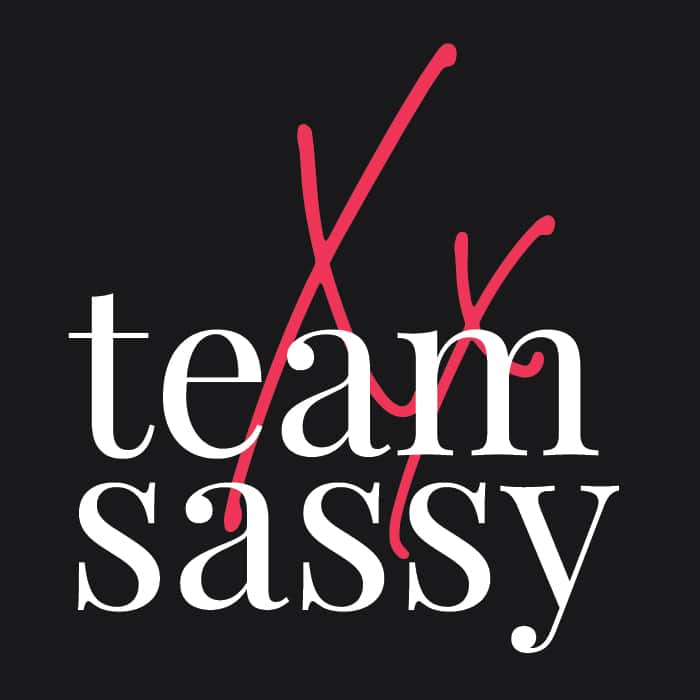We Sassy girls are a conscientious lot. We try to do our best to recycle and reduce our waste. Given how quickly the landfills in our lovely, but highly consumerist city are reaching capacity, and with a lack of large scale, local recycling facilities, it’s important that everyone does their bit to make Hong Kong a more sustainable place. Tracey Read, of the Hong Kong-based charitable NGO, Plastic Free Seas (PFS), does more than hers.
Tracey has been raising awareness of plastic pollution issues in Hong Kong since 2007. Having led lots of beach clean ups and given awareness talks in schools, Tracey decided to explore the growing issue further and joined a research expedition in 2012. This took her from Japan to Hawaii via the Great Pacific Garbage Patch, where she witnessed first-hand how plastics are impacting the marine environment. Soon after that journey, she started PFS with an aim to create more awareness and engage the community in Hong Kong, inspiring them to come up with local solutions.
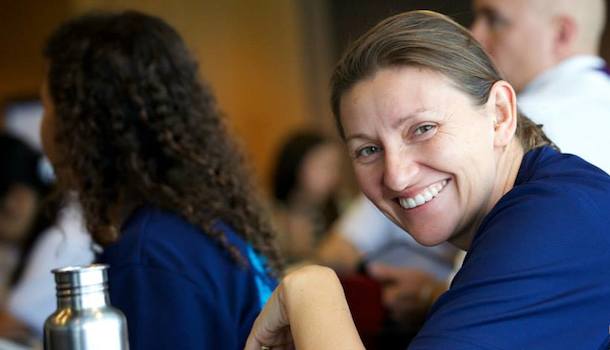 How bad is the problem?
How bad is the problem?
Plastic waste exceeds recycling capacities across the globe. We have all seen plastic bags and bottles accumulate on streets, at the beach, and in the sea – where ultimately, a lot of it ends up. Plastic takes hundreds of years to break down, and even after it does, it often releases toxins into its surroundings. The accumulated plastic waste in the ocean chokes fish, birds and sea creatures like turtles. This destroys the ocean’s ecosystem and often ends up back on our dining tables via the seafood we eat.
Plastic is not Hong Kong’s only problem – with a higher than average municipal waste disposal rate, combined with an inefficient recycling infrastructure and lack of a recycling culture means that valuable recyclable materials are being buried in our soon-to-be filled landfills.
 What does PFS do to tackle these problems?
What does PFS do to tackle these problems?
PFS focuses on education programmes to create awareness and actively engage students in developing waste reduction projects in their schools, communities and homes. They set up learning sessions and beach clean-ups with corporations in town who are interested in being socially responsible. They also organise frequent community beach clean-ups, which, in turn, serve as research to identify sources of trash.
This year, PFS has an additional focus: micro beads. Many body-care products we all use contain hidden plastics, known as micro beads. These micro beads go down our bathroom drains, into our seas, and are ingested by the fish that we often eat! PFS is part of an international alliance of NGOs working to phase out the use of the plastic ingredients and replace them with biodegradable alternatives.
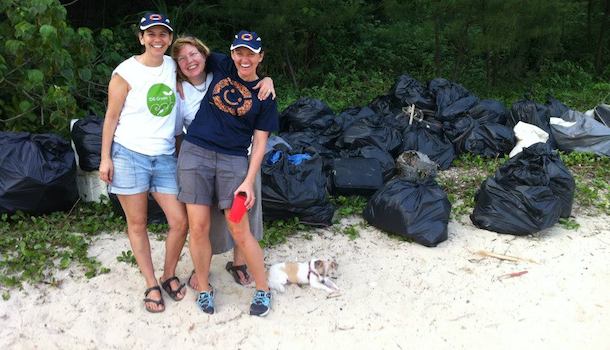 What can we do to help?
What can we do to help?
There are plenty of ways that you can contribute towards this worthy cause and help save our city and our seas. See the list below for some ideas:
- Check out exhibitions to learn more, such as “Hong Kong Pellet Spill 2012” (a disastrous spill of 150 tonnes of pre-production plastic pellets into the South China Sea during Typhoon Vicente) at the Hong Kong Maritime Museum (on-going).
- Join a beach clean up!
- Think before buying over packaged items. Say no to plastic cutlery at takeaway restaurants, refuse plastic bags, and carry your own reusable water bottle!
- Download the micro bead app here to check if your body-care products contain hazardous plastic beads.
- Make a habit change! The PFS web site has an excellent check list to get you started.
- Talk to your employer about sponsoring a campaign with PFS.
- Volunteer your professional skills. Your translation, marketing, website management, administration, and digital and social media skills will be greatly appreciated at PFS!
Follow PFS activities and learn more on their Facebook page here (don’t forget to like them too!). Here’s to a less wasteful, more sustainable life!


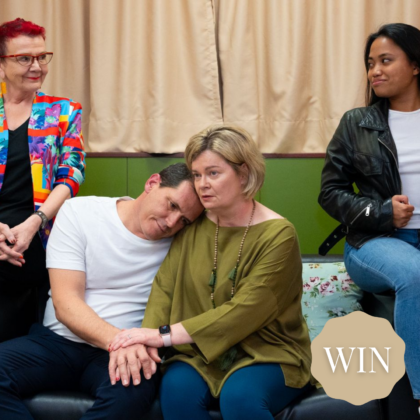
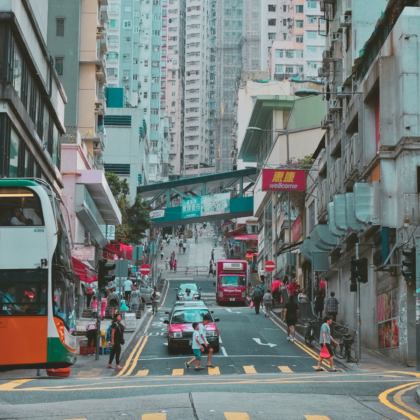
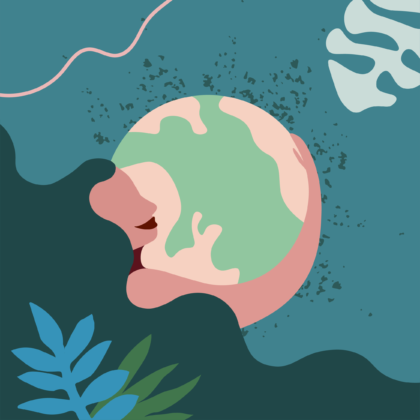
 Eat & Drink
Eat & Drink


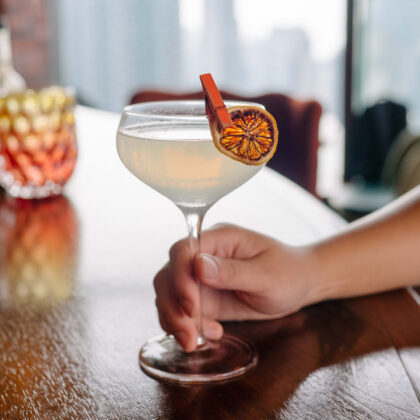
 Travel
Travel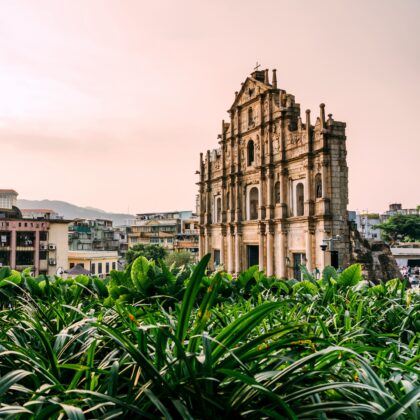

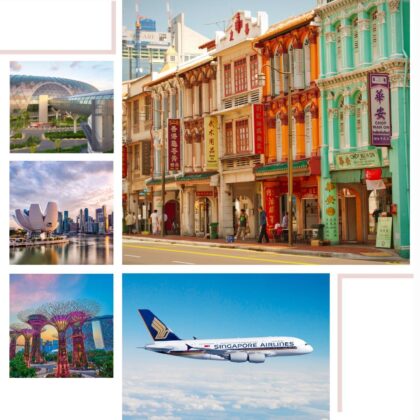

 Style
Style
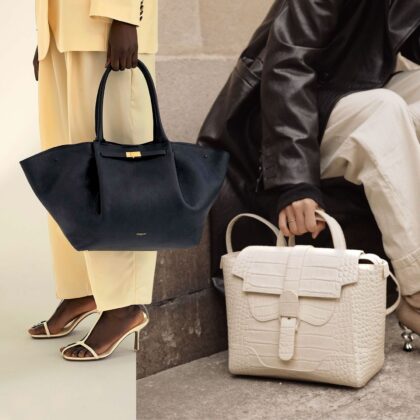


 Beauty
Beauty

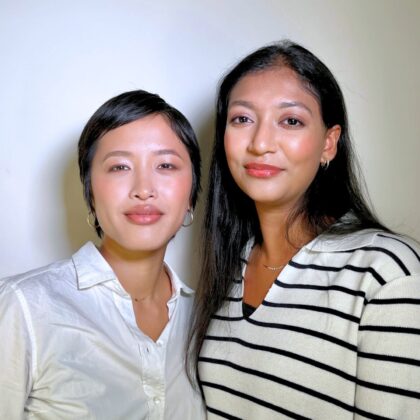

 Health & Wellness
Health & Wellness

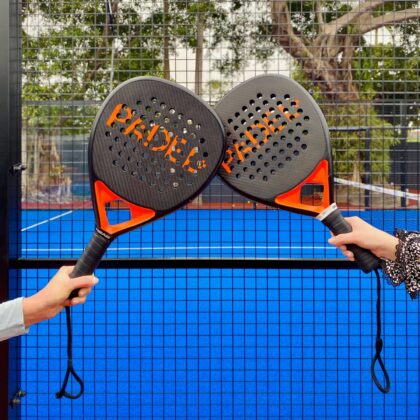
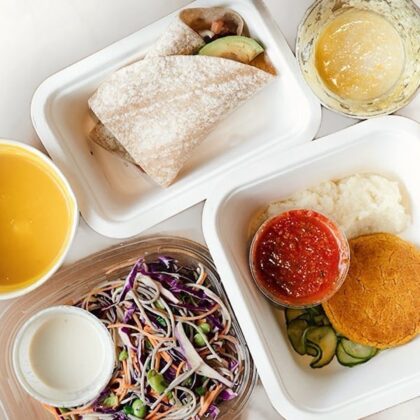
 Home & Decor
Home & Decor


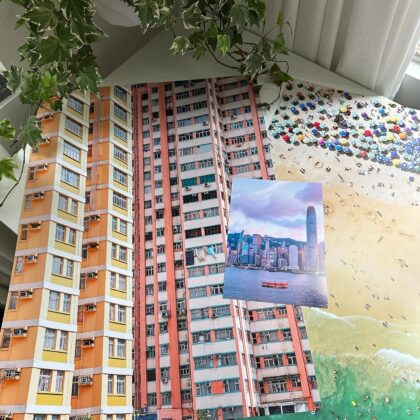
 Lifestyle
Lifestyle

 Weddings
Weddings



